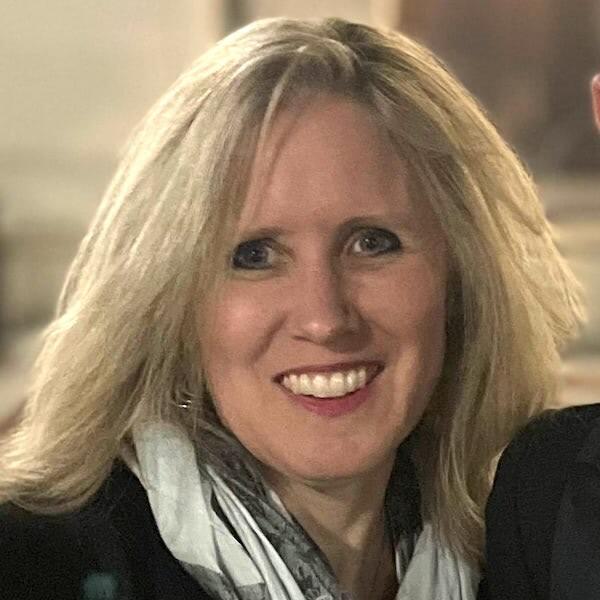- Undergraduate
Bachelor's Degrees
Bachelor of ArtsBachelor of EngineeringDual-Degree ProgramUndergraduate AdmissionsUndergraduate Experience
- Graduate
Graduate Experience
- Research
- Entrepreneurship
- Community
- About
-
Search
All Thayer Events
Jones Seminar: Operations Engineering in Healthcare—Many different ways to make impact
Oct
04
Friday
3:30pm - 4:30pm ET
Spanos Auditorium, Cummings Hall/Online
Optional ZOOM LINK
Meeting ID: 910 9128 2060
Passcode: 403994
In the field of operations research (OR), aka operations management, or systems engineering, or industrial engineering, there are many ways to make impact. In addition to those who focus on teaching and pedagogical development, we can conduct theoretical research, leverage this theory in applied research, or practice in industry. No one path is more or less valuable than another. It is critical that we fill all of these roles successfully, and that we encourage and reward excellence in all of these endeavors.
For more than twenty years, I have conducted applied OR research in the domain of healthcare operations through my position as an engineering faculty member. For the last four years I have also served as the chief transformation officer for Michigan Medicine, an academic medical center with roughly 1,100 inpatient beds and over three million patient visits per year. In this collective experience, I have come to recognize that there is a third area of research that is less well known, defined, or recognized, but of critical importance within healthcare operations. Specifically, there is a space between where "applied research" ends (for many scholars, this is with publication in the engineering literature) and where bedside impact takes place.
This "third rail" of research recognizes that not only does moving from a stylized model within applied research to a messy real-world environment require cultural, behavioral, IT, and other implementation, it often introduces new technical challenges as well. Just as applied research often motivates and advances new underlying theoretical research, the transition from applied research in a model of reality to actual implementation drives new research questions that must be answered for successful use in practice. By its very nature, this work is far more multi-disciplinary, which can lead to challenges but also to opportunities. I will discuss specific examples and suggest opportunities for our field to advance, making both theoretical and societal impact in the process.
Hosted by Professor Vikrant Vaze.
About the Speaker(s)
Amy Ellen Mainville Cohn
Professor of Industrial and Operations Engineering, U Michigan

Amy Ellen Mainville Cohn is an Alfred F. Thurnau Professor of Industrial and Operations Engineering at the University of Michigan, where she also holds an appointment in the Department of Health Management and Policy in the School of Public Health. Cohn is the faculty director of the Center for Healthcare Engineering and Patient Safety as well as the chief transformation officer for Michigan Medicine. She holds an AB in applied mathematics from Harvard and a PhD in operations research from MIT. Her research interests are in combinatorial optimization, particularly for healthcare and aviation, and the challenges of optimization problems with multiple objective criteria.
Contact
For more information, contact Amos Johnson at amos.l.johnson@dartmouth.edu.
